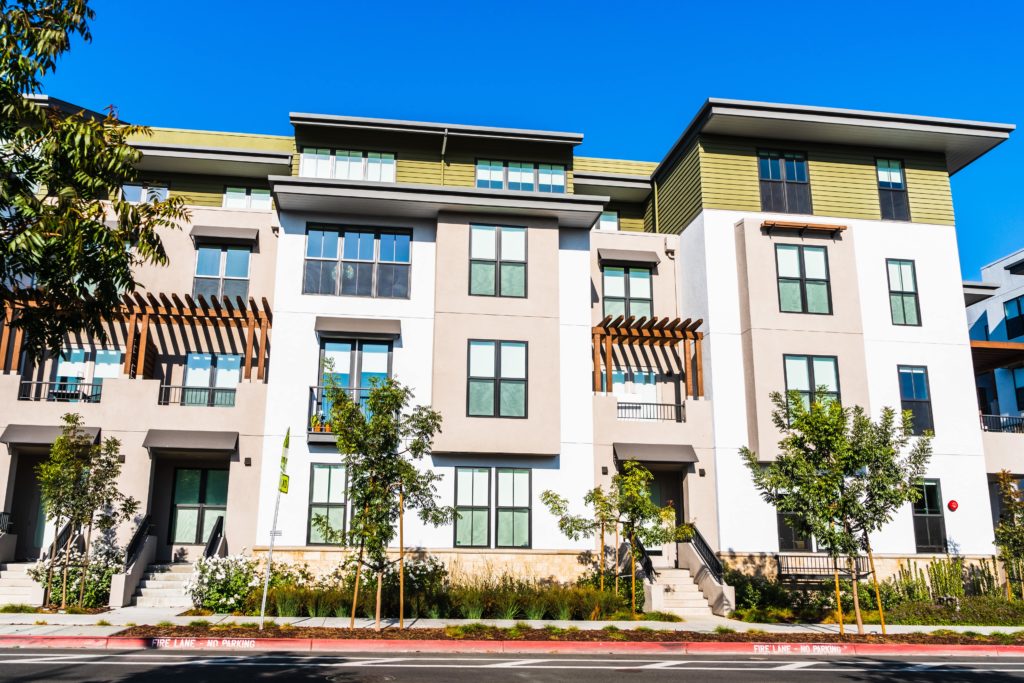
Condos typically require less maintenance and they’re sometimes cheaper than a single-family home. But even though these are common dwellings, financing a unit isn’t always easy. The ability to get certain types of loans will depend on whether a condo is warrantable or non-warrantable.
Here’s what you need to know about warrantable and non-warrantable condos, including how to find a condo’s classification.
What is a warrantable condo?
To put it simply, a warrantable condo is one that’s approved by the two government-sponsored enterprises (Fannie Mae and Freddie Mac), as well as condos that are eligible for government-guaranteed financing (FHA and VA). Typically, warrantable condos aren’t as risky for lenders, so it’s easier to get financing for these types of properties.
To be “warrantable” a condo community must meet certain requirements. For example, the condos can’t be part of a timeshare, and at least half of the units must be owner-occupied. In addition, the community must contribute at least 10% of its annual budget to its reserve account every year.
What is a non-warrantable condo?
On the other hand, a non-warrantable condo doesn’t meet the above requirements.
A non-warrantable condo is also one that operates as a hotel or provides short-term rentals. Therefore, these types of condos are sometimes located in touristy areas like beach resorts and in college towns.
These properties are riskier given the lower owner-occupancy density. Other features of a non-warrantable condo include:
- a single person or entity owns more than 10% of the units
- more than 25% of the space within the community is used commercially
- the community is involved in a litigation
- a high percentage of users are delinquent on their association dues, such as membership dues to an associated golf club
How can you find out if a condo is warrantable or non-warrantable?
Identifying a condo as warrantable or non-warrantable isn’t always simple. Lenders must research a condo project before issuing a mortgage, and real estate agents might or might not know a community’s classification.
You can, however, visit the U.S. Department of Housing and Urban Development’s (HUD) website to find FHA-approved condominiums by location or name. Unfortunately, neither Fannie Mae or Freddie Mac provides a list of warrantable condo communities.
How can you finance a non-warrantable condo?
Even though non-warrantable condos are harder to finance, it isn’t impossible. Given the growing demand for this type of financing, FirstBank now offers non-warrantable condo financing on primary homes, second homes, and investment properties (purchase or refinance). We can also assist with warrantable condo financing. If you’re interested in learning more about either option, please reach out to a FirstBank loan expert.





